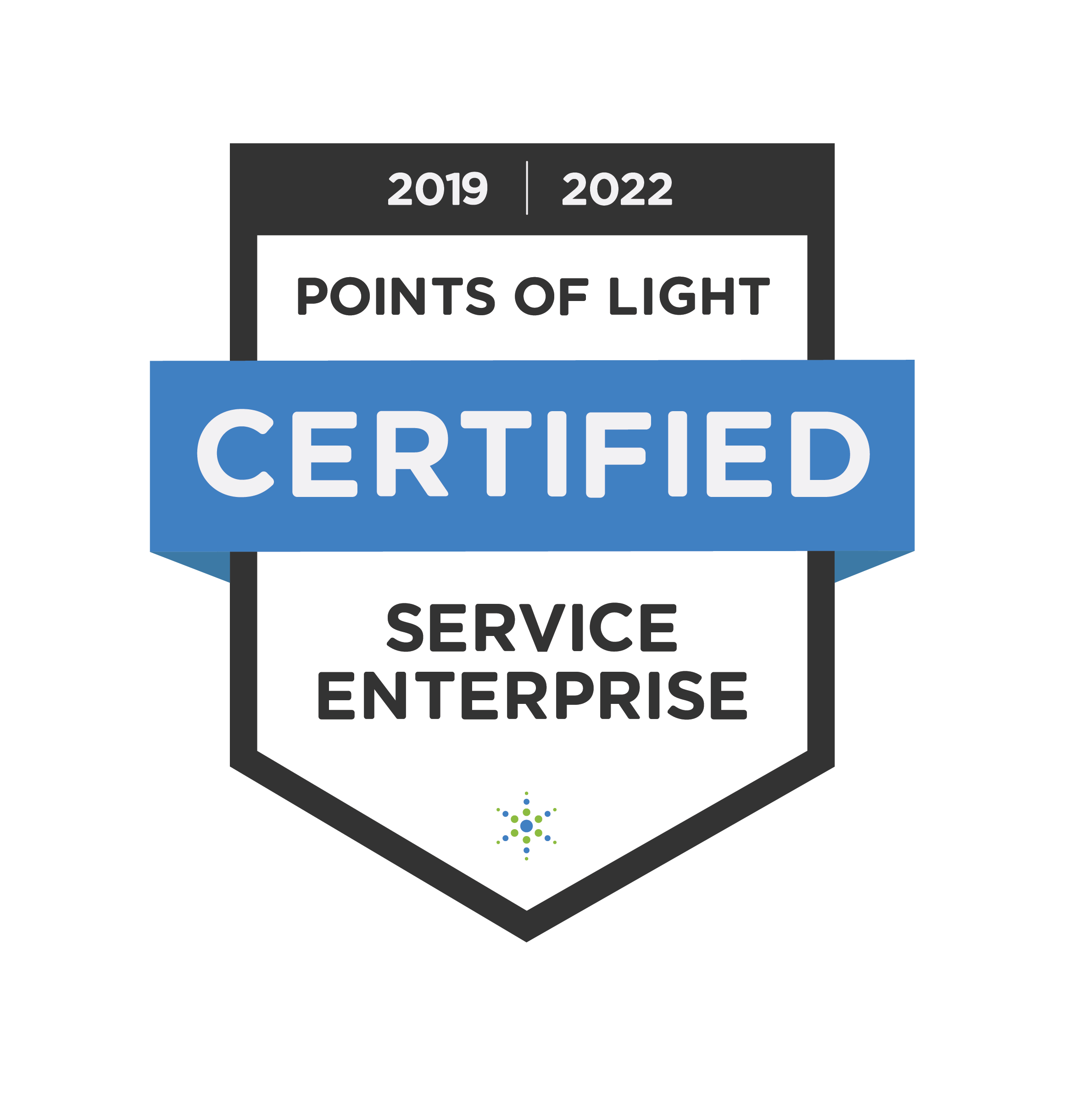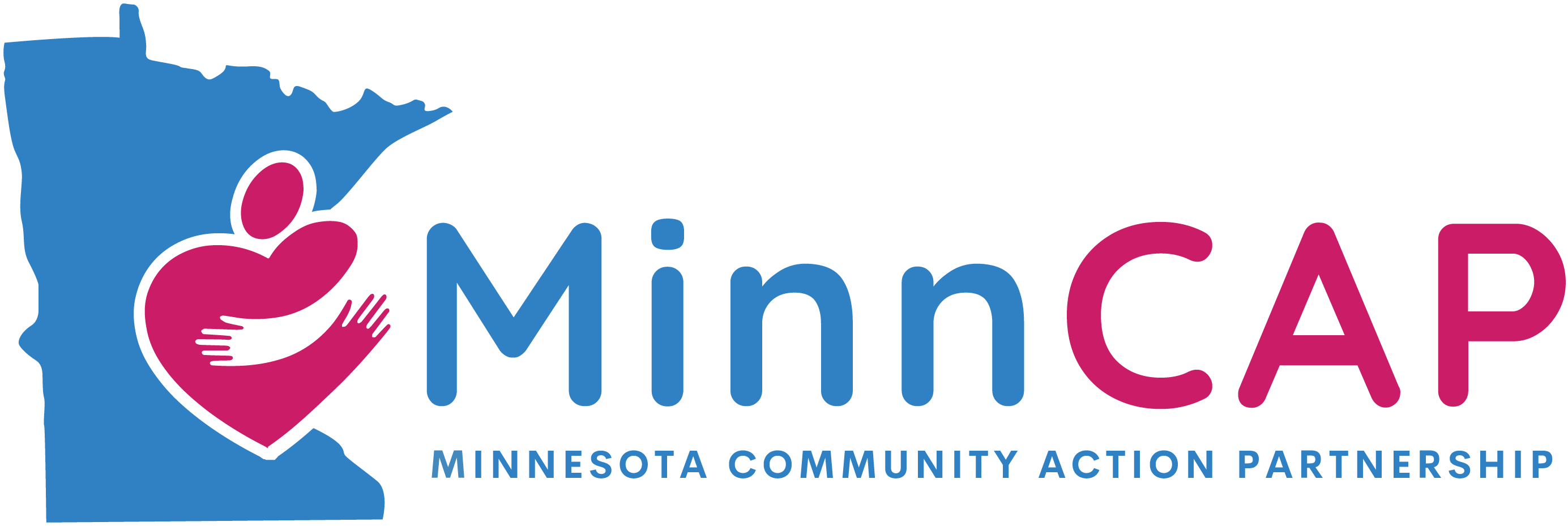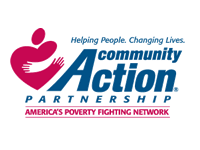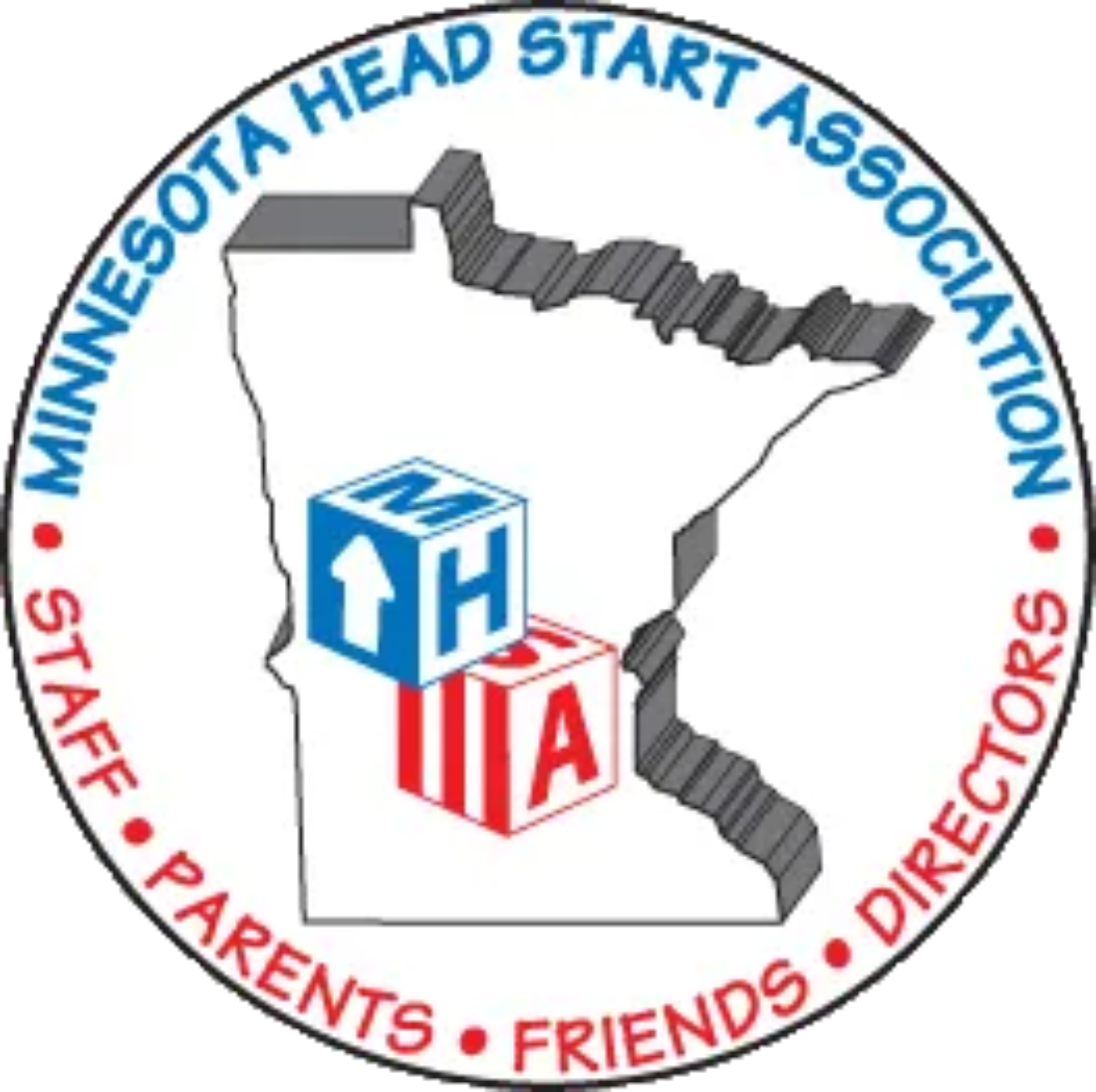
Two years ago, one in seven children in America were classified as food insecure, which means they “lack reliable access to a sufficient quantity of affordable, nutritious food.” Put another way, these children are often unsure of where their next meal might actually come from. Now, in 2020, the national nonprofit agency Feeding America (which includes Minnesota’s Second Harvest Heartland within its network) suggests that one in four, or nearly 20 million American children, are food insecure.
Earlier this week, a bipartisan group of federal legislators submitted a letter to the US Department of Agriculture (USDA) asking them to take immediate action to stem this tide, noting that “As the COVID-19 crisis continues, the number of food-insecure children is growing at an alarming rate, bringing into reality the long-term dangers of leaving children malnourished.”
Citing a report by the National Institutes of Health (NIH), the fourteen lawmakers who signed the letter add that these dangers “translate to poor academic performance” and an array of health-related problems such as stunted growth, a high risk of obesity, asthma, anemia, diabetes, high blood pressure, heart disease, and other chronic illnesses. As the school year begins, the legislators specific requests to the USDA are to once again renew the nationwide waivers for both the Summer Food Service Program (SFSP) and the Seamless Summer Option (SSO) and “waive the program’s eligibility requirements for as long as the national emergency declaration of COVID-19.” According to Yahoo’s Stephanie Asymkos, these renewals “would bridge the gap between the end of the summer program and when schools can safely and fully reopen for instruction.”
Our “Working Together” blog will continue to update this story as it develops. If you or someone you know is in need of emergency food support, or if you would like to help meet the increased need for food in Minnesota’s communities, please visit Second Harvest Heartland online. And, if you need assistance with SNAP (Supplemental Nutrition Assistance Program), WIC (Special Supplemental Nutrition Program for Women, Infants, and Children), or other food and grocery related resources, please visit the State of Minnesota’s COVID-19 Response Food Support Page.









